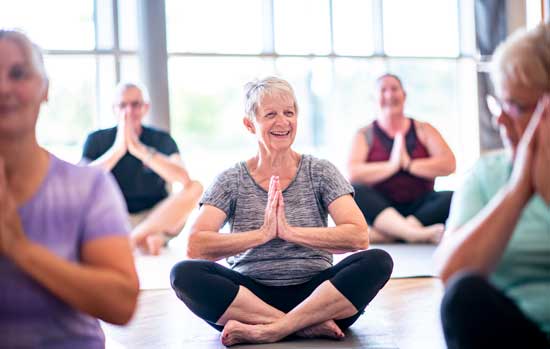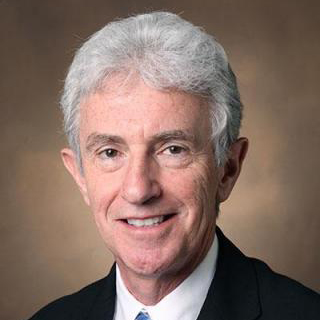Make these lifestyle changes now to boost brain health.
Alzheimer’s, the most common form of dementia, affects millions of Americans. Unfortunately, there is no proven way to prevent Alzheimer’s, and as of now, there is no cure for those who develop dementia. But the good news is you can take steps to improve your aging process and reduce the risk of Alzheimer’s later on.
“First, people can find out if they have a family history of dementia,” said Paul A. Newhouse, M.D., director of Vanderbilt Center for Cognitive Medicine. “Then that makes it even more important to take good care of yourself.” A good rule of thumb: “We always say what’s good for the heart is good for the brain,” Newhouse added.
Get regular exercise.
Physical exercise has the best link to reducing the risk of dementia because it increases hormone production that benefits the brain, Newhouse explained. He recommended getting a mix of aerobic exercise, the type that gets your heart rate up and makes you sweat, along with strength training. In addition to boosting brain health, both types of exercise will help you maintain your physical capabilities. “We lose muscle strength rather precipitously as we age if we don’t work to strengthen ourselves,” Newhouse said. Physical activity can help sustain your coordination and balance, crucial factors in preventing falls that could sideline you.
Eat a healthful diet.
Fill your plate with plant-based foods, whole grains and beneficial fats. And limit the consumption of red meat to help reduce the risk of Alzheimer’s developing later on. “We believe that eating a diet that is more Mediterranean-style, Newhouse said, rather than the typical American diet of cheeseburgers, french fries, pizza and beer is associated with better long-term outcomes.”
Engage in intellectual stimulation.
Treat your brain like a muscle. “I would challenge people to challenge their brains like they challenge their bodies,” he said. “Learn something new that makes your brain sweat.” A challenge could be trying a new instrument or a new type of technology. Exercising the mind keeps its circuits strong, he added. He stressed the importance of remaining intellectually active in your senior years, especially after retirement. “I worry that for older people,” Newhouse said, “the lack of intellectual stimulation actually leads to deterioration of skills.”
Mind your mental or emotional health.
Your well-being plays a role in your overall health, too, and that’s why reducing stress and feeling a sense of connection are crucial to reducing your risk of Alzheimer’s. Newhouse recommended activities like mindfulness meditation to mitigate stress responses. For a sense of purpose, he suggested volunteering, participating in community organizations, or caregiving for grandchildren. “It helps us with our self-worth if we’re doing things that are important,” he explained. Stay connected to your support system of friends and family as much as possible too to boost well-being.
Manage overall health.
If you do have a chronic illness, like diabetes, for example, make sure you’re following your prescribed treatment plan and doing what you can to manage your condition. Also, understand the side-effects and risks of the medications you’re taking. “We know now that there are certain classes of medications that are tied to an increased risk of dementia,” Newhouse explained, “and we should act to minimize our exposure and discuss medicines with our doctor that might be associated with increased risk.”
See your primary care physician at least once a year and get all of your recommended vaccines and screenings. Talk to your doctor about any concerns related to dementia so your physician can order any necessary tests to monitor your health.

Vanderbilt Neurosciences offers a wide range of specialty programs to treat your brain, spine or central nervous system disorders. Whether you need routine care or a complex surgery, you will benefit from the expertise of many different specialists focused on providing you the best care available.


